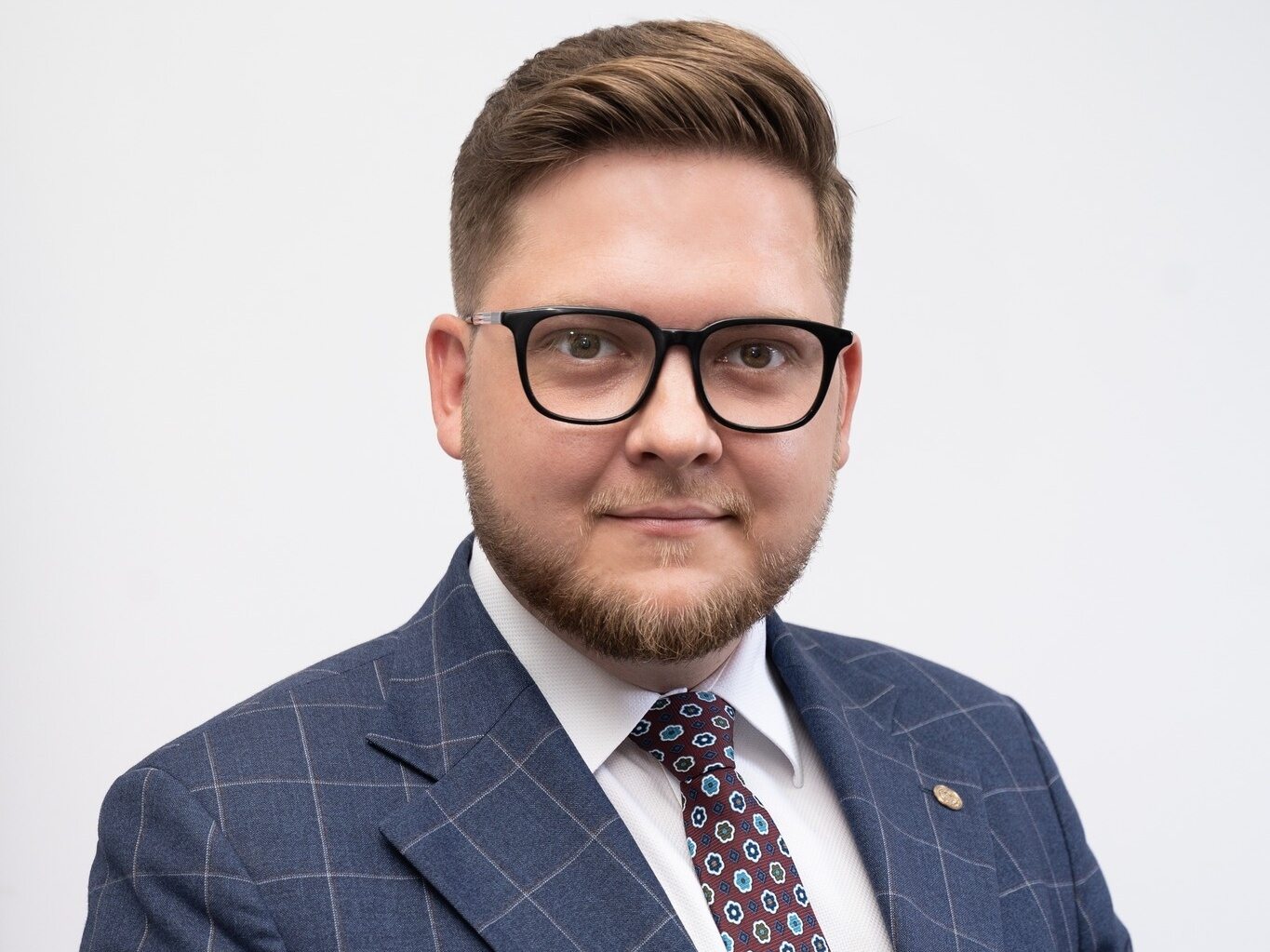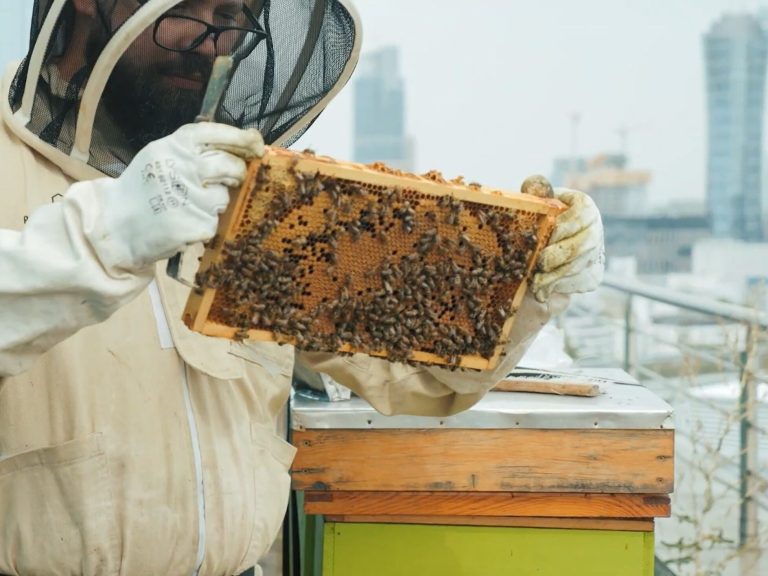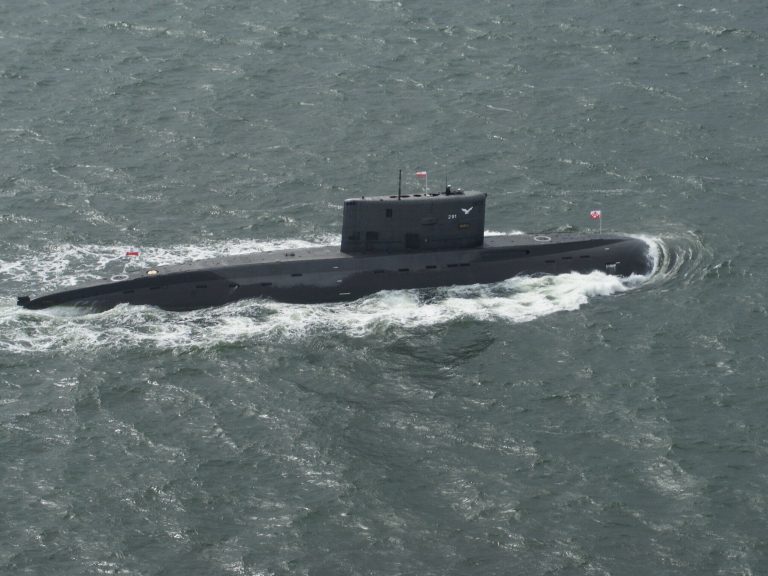Young scientists face numerous challenges. “May the only one be the refutation of the research thesis”

“In my opinion, we have rejuvenated our universities a bit. The academic environment is beautiful because it is diverse. On the one hand, we have experienced scientists, and on the other, young researchers – assessed Dr. Igor Kilanowski from UKSW in the first episode of the “People of Science” podcast. We talked with the chairman of the Council of Young Scientists about where young scientists can look for support for their research and what challenges they face.
We invite you to listen to the entire Wprost podcast “People of Science”:
The guest of the first episode of the “People of Science” podcast produced by “Wprost” as part of the “Science is a Polish Specialty” series was Dr. Igor Kilanowski from the Cardinal Stefan Wyszyński University in Warsaw, chairman of the Council of Young Scientists. Dr. Kilanowski told us what the Council does and what the legal status of a young scientist gives.
– The status of a young scientist is a signal to the higher education and science system that it is on its way to scientific excellence. The status gives you the opportunity to obtain funds from grants. Both the Polish state and the European Union divide the funds mainly for young scientists, of course not forgetting also the more experienced ones – says assistant professor at the Cardinal Stefan Wyszyński University in Warsaw.
Where can a young scientist obtain funds for research?
And when should a young scientist become interested in grants? – I think that already at the student stage, when we start preparing students for research work. In experimental sciences, I cannot imagine studying without research – assessed Dr. Kilanowski. – And the question of how to go about obtaining grants is very difficult. Our masters, i.e. those with whom we prepare diploma theses, whether master’s, bachelor’s or engineer’s, play a great role here. Nobody is born a scientist. Of course, we have talents that we develop, whether as a young scientist or someone who will graduate. There is no doubt, however, that the role of a master is extremely important and it is he who introduces us to the world of science, discovers our talent – he added.
The chairman of the Council of Young Scientists also told where young scientists can look for funds for their research.
– Certainly, when starting your adventure with grants, the website of an executive agency such as the National Science Centre, the National Agency for Academic Exchange or the National Center for Research and Development will be the primary source of information. This is where you will find information about grants. Universities also have specialized units in finding grants. We can go to such a unit, and employees who are well versed in research funding programs will certainly help us – he pointed out.
Dr. We also asked Kilanowski about the most important Polish support programs for young scientists.
– First of all, everything that the Ministry of Education and Science offers us, and when it comes to young scientists, it is the scholarship of the Minister of Education and Science for outstanding young scientists. This is tremendous help, obtaining funding for what we specifically need – indicated the assistant professor at the Cardinal Stefan Wyszyński University in Warsaw. – Undoubtedly, the role of the National Science Center is huge, and here it is especially worth mentioning the flagship PRELUDIUM program for people who do not have a doctoral degree, and therefore also for students. I made PRELUDIUM myself and I know that it was a springboard for further conclusions. Because getting a grant is one thing, but implementing and settling the grant is an even more difficult task. I think these two institutions are the most important, he stressed.
Challenges facing young scientists
In a podcast, Dr. Kilanowski talked about the changes for young scientists brought about by the Law on Higher Education and Science passed a few years ago, called the Constitution for Science, or Act 2.0.
– The act itself was a great success in this respect, integrating the academic community. It was a law written by the environment for the environment, he assessed. – It seems to me that today we can also talk about Act 3.0, because many smaller and larger amendments appeared in this act – he added.
What has changed for young people? In my opinion, we have rejuvenated our universities a bit
“Just don’t do it by throwing the baby out with the bathwater, forgetting the senior scientists. The academic environment is beautiful because it is diverse. On the one hand, we have experienced scientists, and on the other, young researchers. Without the experienced ones, it is impossible to “do science” – said Dr. Kilanowski.
The chairman of the Council of Young Scientists admitted that he is a huge supporter of doctoral schools.
– And this is the novelty, which undoubtedly determines the innovation of this act – he said. “I am noticing a pro-quality trend. This is very good in my opinion. I see how many grant applications are submitted by PhD students. We are dealing with PhD students who, in my opinion, are already very good scientists – added the assistant professor at the Cardinal Stefan Wyszyński University in Warsaw.
With Dr. Kilanowski, we also talked about the biggest challenges faced by young scientists in Poland in recent years, related to the pandemic or inflation.
– Due to the fact that we are young, and due to the fact that we had support and promoters and the whole system, we dealt with them. I wish there were as few of them as possible. If only it were to disprove the research thesis, that would be fantastic – he said. – Looking at the global challenges, the ones that come to mind are those resulting from the pandemic. We need to rebuild community again. The specificity of the entities that make up the system of higher education and science is that it is an academic community, a community. And still feel the post-pandemic closure. The same applies to education, i.e. the return of the master-student relationship, emphasized the chairman of the Council of Young Scientists in the first episode of the “People of Science” podcast.
The podcast “Wprost o Kulturze” is created in cooperation with Studio Plac.






